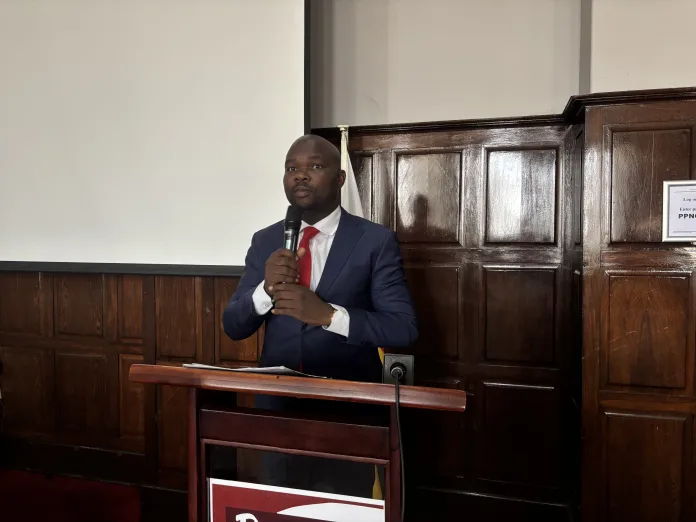Bulawayo, (New Ziana)-The Zimbabwe government will avail US$10 million to the Empower Bank to provide loans to graduates of vocational training centres throughout the country to start income generating projects.
Minister of Youth Empowerment, Development and Vocational Training, Tino Machakaire said this on Monday while officially opening his Ministry`s five-day strategic planning workshop in Bulawayo.
Empower Bank provides loans for youth-led business and agricultural projects, asset finance, guarantees, and savings accounts, serving urban, peri-urban, and rural areas across Zimbabwe.
It also aims to empower marginalised communities and support the growth of small businesses to create employment opportunities.
“Government has approved the construction of new vocational training centres across the country under a Presidential Program. The Ministry will also have access to ZIMDEF (Zimbabwe Manpower Development Fund) funding for vocational training centres. Cabinet has approved the prioritization of employment of Zimbabwe Youth Service graduates across all Ministries. The capitalization of Empower Bank to the tune of US$10 million is going to help empower graduates from vocational training schools. These are not small undertakings. They are multi-million-dollar initiatives. With NDS2, expectations are high and the time to make a real difference is now,” said Machakaire.
He challenged his Ministry to move beyond routine planning and embrace innovation, accountability and measurable impact as it charts a new five-year strategic direction under the National Development Strategy 2 (NDS2).
“This exercise is not a ceremonial gathering but a critical platform to reshape the future of Zimbabwe’s young people. This is not just another meeting on our calendar. It is a game plan for shaping and transforming the lives of young people over the next five years,” he said.
Machakaire told the participants that the Ministry was entering a decisive phase after successfully implementing the NDS1, and was now setting the foundation for NDS2, which is aligned with the national vision of transforming the country into an upper middle-income society by 2030.
He commended Ministry staff and stakeholders for their role in implementing youth empowerment programs under NDS1, citing notable progress in leadership development, vocational training, entrepreneurship, and campaigns against drug and substance abuse.
“We recorded significant achievements. The chief secretary to the Office of the President and Cabinet acknowledged these successes during a recent meeting at our offices. But we must also acknowledge that there were challenges, which we must now treat as learning points,” he said.
Machakaire cited erratic disbursements of funds by Treasury, limited visibility at district level, and inadequate support to provincial structures as some of the major hurdles his Ministry faced during the NDS1 phase.
He outlined three non-negotiable pillars to anchor the Ministry’s strategy, namely integration and synergy, measurable impact, as well as partnership and leverage.
“We must break down silos and operate as one Ministry. A young person should be able to receive training through the Youth Service, gain technical skills at a vocational training centre, access finance from Empower Bank, and belong to a registered youth association. That is integration,” he said.
New Ziana



